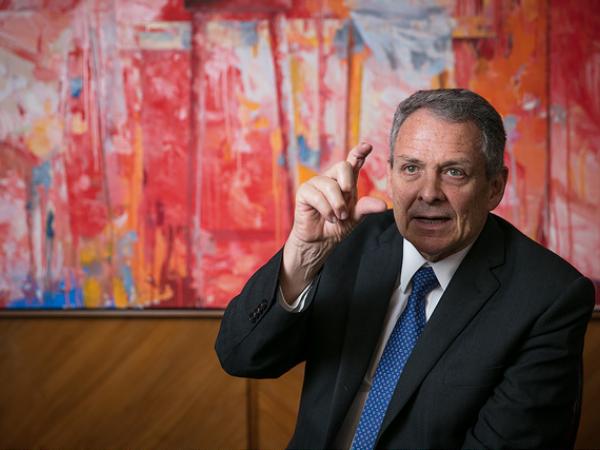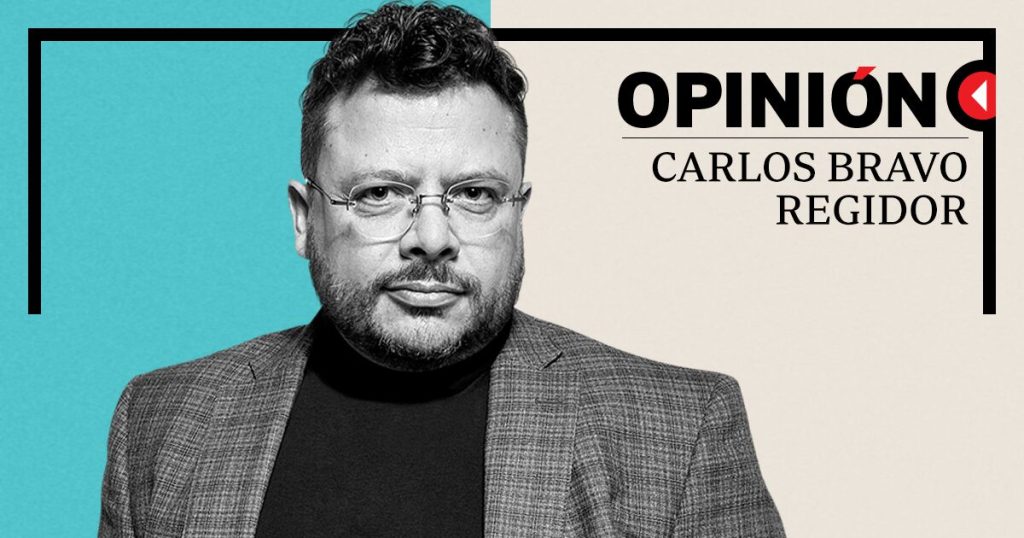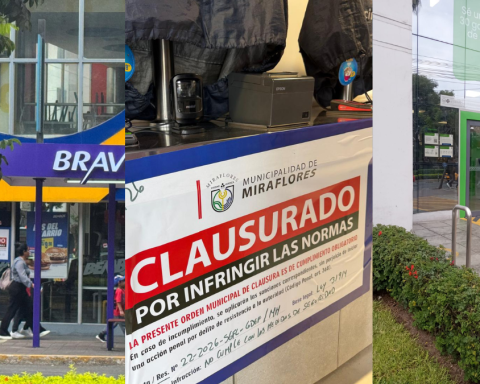Although in his career he has stood out for holding important positions such as Vice Minister of Commerce, Manager of the Bank of the Republic and being part of the economic research teams of Fedecafé and Fedesarrollo, Juan José Echavarría has dedicated its efforts to the training of thousands of university students in the country.
After more than 30 years of career, he assures that work, educational and professional dynamics have been transformed and that it is necessary to prepare the professionals of tomorrow for the new demands of the market, without forgetting that teachers are an important part of the process.
More information: Bitcoin breaks a new record after Trump’s victory and exceeds $75,000
What do you do today?
I am at Fedesarrollo as an Associate Researcher, focused on macroeconomics, energy and industry issues. Additionally, some semesters I teach at the university. In short, I continue in the same activities. I also participate in several Boards of Directors, including that of Ecopetrol, although I recently submitted my resignation.
Is the importance of the teacher recognized?
Although education is not my field of expertise, as an economist I know that few variables impact growth and distribution as much as this one. In Colombia, it is evident that investing in early childhood—in programs like “De Cero a Siempre”—is highly profitable, and university education is even more beneficial than primary or secondary education. This highlights the importance of having healthy children and encouraging young people to complete their studies.
Juan José Echavarría, manager of the Issuer.
Portfolio File
The results in education are mixed. We have made notable progress in primary and secondary coverage, although less in university education, and great inequalities persist between urban and rural areas.
However, educational quality remains an outstanding debt. The results in mathematics and reading on the Saber and Pisa tests are poor; In the latter, we are below most OECD countries, as well as Chile, Mexico and Uruguay in Latin America.
How to improve?
It is essential to improve educational quality and dignify teaching work. Ensure that teachers are seen as national heroes, as happens in countries where the best students aspire to be teachers. Many of us remember those teachers who marked our lives.
Other news: How were the gas deficit accounts in Colombia?
Currently, only 5% of the growing transfers to the regions of the General Participation System are intended to improve the quality of education, and we have not convinced Fecode of the importance of tying salary increases to personalized monitoring of teaching quality. Furthermore, the evaluations of the “Ser Pilo Paga” program have been favorable and are a good step forward.
How to better prepare young people?
In our generation, it was essential to get off to a good start in working life, given that we stayed in the same job or sector for a long time. Today’s working world is much more flexible and changing. Today’s young people will continue their education, pursuing multiple specializations and master’s degrees after their careers, with the first job being just the beginning.
It’s helpful to think broadly about interests and goals: Do I want to be in academia, finance, or business? However, currently planning a long-term professional future is of little use and the important thing is to find what we are really passionate about and develop that passion, surrounding ourselves with people who inspire us. In my case, the colleagues at Fedesarrollo have accompanied and guided me for several decades.

University students.
Archive
Is the task being done well?
For Colombian students, it is important to complete an undergraduate degree in the country and complete master’s or doctoral degrees abroad. It is unfortunate to see that some choose to do undergraduate degrees in low-quality universities abroad. I also understand that young people are demanding greater flexibility in their university studies. More flexibility in non-compulsory subjects, and more flexibility to study, work and return to university to finish the degree.
We are entering the world of artificial intelligence, full of uncertainty and previously unimaginable opportunities. Sectors such as accounting, programming, banking, and transportation will undergo major changes, while medicine and the exact sciences will advance significantly.
Academia will need to adapt: Professors will be able to focus on teaching the origin and reliability of data and presenting conceptual and applied discussions based on their professional experience.
Also read: ‘The balance between results and well-being lies in respect’
You have been recognized as the best teacher…
In my case, it was my friend José Manuel Restrepo, then rector of the Universidad del Rosario, who decided to nominate me for the award. I consider it a recognition of my work and an additional motivation to continue teaching and working in economics.
It has been an honor to teach more than four thousand students throughout my career. There is no greater satisfaction for a teacher than seeing the shine in a student’s eyes when they understand a new concept.
I have had the opportunity to teach at Oxford, at the University of the Andes, in El Rosario and at the National University, mainly as a professor, and when I was Dean of Economics at the National University. In recent years I went from teaching macroeconomics and international trade in advanced courses to teaching Colombian Economics to “primiparous” students in the Andes, which has been a very enriching experience.

Education
iStock
He is an expert in energy transition, how do we go there?
The energy transition will be expensive and challenging, and to face it we need oil resources. A relevant example is that of the Italian company ENI, which invests massively in extracting and marketing oil, but allocates part of its profits to research in nuclear fusion, an activity with little immediate profitability but with promising potential for humanity and for change. climatic.
Oil demand, as most countries have understood, will continue to grow at least until 2050, and Colombia is highly dependent on these resources. The restrictions that the current government wants to impose are inconvenient and obsolete: no to fracking, no to new exploration contracts, and no to some highly beneficial international contracts. Of course, we have the option of develop large offshore gas discoveries, a very promising alternative.


















